Home>Garden Essentials>How Long Does Sweet Corn Take To Germinate
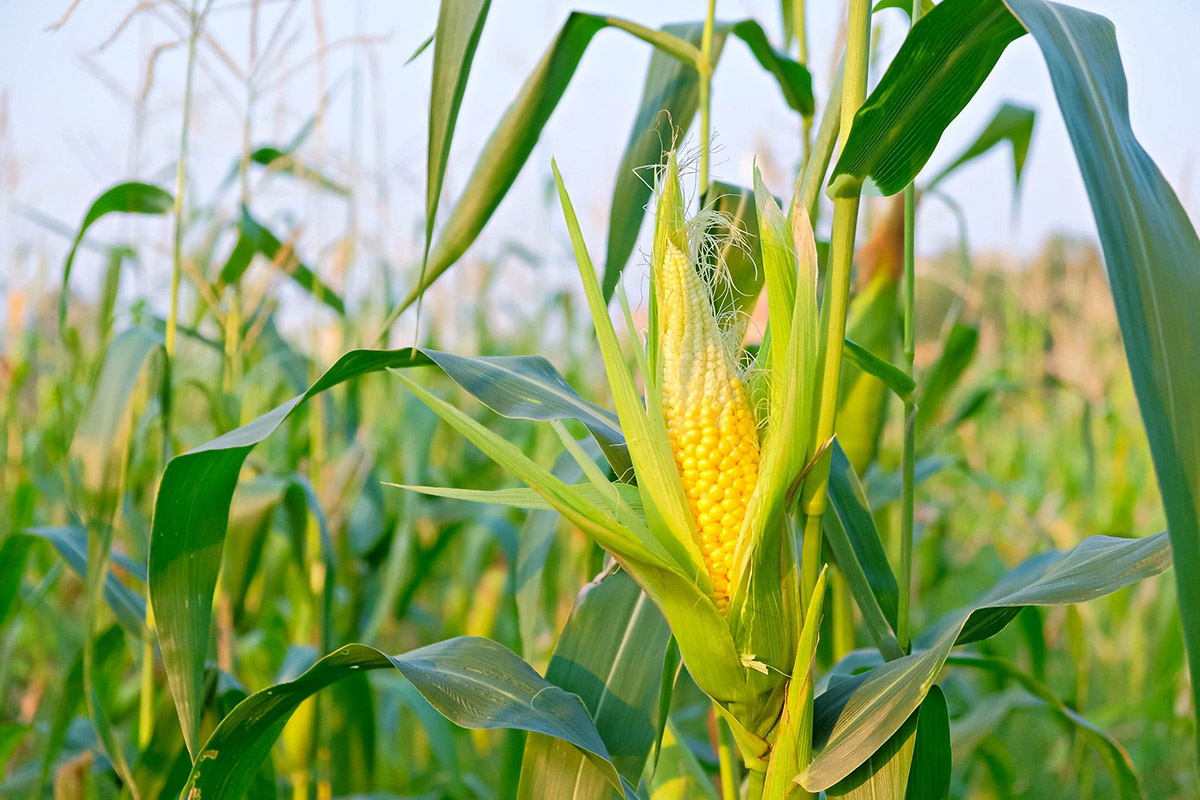

Garden Essentials
How Long Does Sweet Corn Take To Germinate
Modified: March 24, 2024
Learn how long it takes for sweet corn to germinate in your garden and get expert tips for successful growth.
(Many of the links in this article redirect to a specific reviewed product. Your purchase of these products through affiliate links helps to generate commission for Storables.com, at no extra cost. Learn more)
Introduction
Gardening enthusiasts and farmers alike often anxiously wait for the sprouting of their sweet corn seeds. The moment when tiny green shoots emerge from the soil is not only exciting but also marks the beginning of a bountiful harvest to come. Understanding the germination process of sweet corn and the factors that influence it is crucial for successful cultivation.
In this article, we will delve into the fascinating world of sweet corn germination. We will explore the ideal conditions for germination, the factors that can impact the germination process, and provide valuable tips for speeding up the sprouting time. Whether you are a backyard gardener or a commercial farmer, this knowledge will help you achieve optimal results in your sweet corn cultivation.
So, let’s dive in and uncover the mysteries of sweet corn germination together!
Key Takeaways:
- Sweet corn seeds typically take 7 to 10 days to sprout, but factors like temperature and moisture can affect germination time. Providing warm soil and consistent moisture can speed up the process.
- To speed up sweet corn germination, try pre-soaking seeds, using a seedling heat mat, or creating a mini-greenhouse effect. Maintaining optimal conditions is key for a successful and timely sprouting process.
Factors Affecting Sweet Corn Germination
While sweet corn seeds have the potential to germinate and grow into healthy plants, certain factors can influence and even hinder the germination process. Understanding these factors will allow you to provide the optimal conditions for successful germination. Here are some key factors to consider:
- Temperature: Sweet corn seeds require warm soil temperatures to germinate. The ideal range is between 70-90°F (21-32°C). If the soil temperature is too low, germination may be delayed or compromised. On the other hand, if the soil temperature is too high, it can inhibit germination. Using a soil thermometer can help you monitor and maintain the ideal temperature range.
- Moisture: Adequate moisture is essential for sweet corn seeds to germinate. Dry soil can prevent germination, while overly saturated soil can lead to rot and fungal diseases. Keep the soil consistently moist but not waterlogged. It’s important to strike a balance and avoid both extremes.
- Soil Quality: The quality of the soil plays a significant role in germination success. Well-draining soil that is rich in organic matter provides the optimal conditions for sweet corn seeds to sprout. Improving the soil with organic compost or well-aged manure can enhance its fertility and promote better germination.
- Seed Quality: The quality of the sweet corn seeds themselves can impact germination. Fresh seeds with a high germination rate will have a better chance of sprouting successfully. It’s always wise to purchase seeds from reputable suppliers and check the expiration date on the seed packet.
- Depth of Planting: Sweet corn seeds should be planted at the appropriate depth. Planting too shallow can expose the seeds to drying out, while planting too deep can hinder their ability to break through the soil surface. Generally, planting sweet corn seeds at a depth of 1-1.5 inches (2.5-3.8 cm) is recommended.
- Weed Competition: Weeds can compete with sweet corn plants for resources such as water, nutrients, and sunlight. It’s essential to keep the planting area weed-free or use mulch to suppress weed growth. Reduced weed competition provides sweet corn seeds with a better chance of successful germination and growth.
By taking these factors into account and providing the optimal conditions, you can significantly increase the chances of successful sweet corn germination. Now that we have discussed the factors that influence germination, let’s move on to the ideal conditions for germination in the next section.
Ideal Conditions for Germination
To ensure successful germination of sweet corn seeds, it’s essential to create the ideal conditions that cater to their specific needs. Here are the key elements you should focus on:
- Temperature: Sweet corn seeds thrive in warm soil temperatures. Aim for a soil temperature between 70-90°F (21-32°C) for optimal germination. You can use a soil thermometer to monitor the temperature and make any necessary adjustments.
- Moisture: Consistent moisture is vital for sweet corn seed germination. Keep the soil moist, but not overly saturated, throughout the germination period. Regularly check the soil moisture level and adjust watering accordingly to provide the right balance.
- Soil Quality: Sweet corn prefers well-draining soil that is rich in organic matter. Before planting, amend the soil with compost or aged manure to improve its fertility and drainage. This will create a favorable environment for the seeds to germinate and establish healthy root systems.
- Light: While sweet corn seeds do not require light for germination, providing adequate light conditions after germination is crucial for seedling growth. Ensure that the planting area receives at least 6-8 hours of direct sunlight daily or provide supplementary artificial light if needed.
Creating these ideal conditions will greatly enhance the germination success rate of your sweet corn seeds. Now let’s explore the typical germination time for sweet corn and what you can do to speed up the process.
Germination Time for Sweet Corn
Sweet corn has a germination time of approximately 7 to 10 days under optimal conditions. However, it’s important to note that germination times can vary depending on several factors, including the sweet corn variety, temperature, moisture levels, and soil quality.
As mentioned earlier, sweet corn seeds require warm soil temperatures (around 70-90°F or 21-32°C) for germination. If the soil temperature is on the lower end of the range, germination may take a bit longer. On the other hand, if the soil temperature is on the higher end of the range, germination can occur more quickly.
Consistent moisture is another essential factor for timely germination. Dry soil can delay germination, while excessively wet soil can lead to seed rot or fungal diseases. Keeping the soil consistently moist but not waterlogged will encourage faster and healthier germination.
It’s important to remember that sweet corn germination is also influenced by the seed quality and freshness. Using fresh seeds from reputable suppliers with high germination rates will increase the likelihood of quicker germination.
If you find that the germination process is taking longer than expected, don’t panic. Give the seeds a little extra time to sprout, ensuring that the soil conditions remain optimal. Patience and regular monitoring are key during this stage of the growing process.
Now that we’ve discussed the typical germination time for sweet corn, let’s explore some tips to help speed up the germination process.
Sweet corn typically takes 7-10 days to germinate. Make sure to plant the seeds in well-drained soil and keep the soil consistently moist for best results.
Tips for Speeding up Germination
If you’re eager to see those sweet corn sprouts emerge from the soil more quickly, there are a few tips and techniques you can try to speed up the germination process. Here are some effective strategies:
- Pre-soaking the seeds: Soaking sweet corn seeds in water for 6 to 8 hours before planting can help soften the seed coat and kickstart the germination process. This can lead to faster and more uniform germination.
- Using a seedling heat mat: Placing your seed trays or pots on a seedling heat mat can provide consistent warmth to the seeds. This helps maintain the optimal soil temperature for germination and promotes quicker sprouting.
- Creating a mini-greenhouse: Covering the planted seeds with a plastic dome or plastic wrap creates a mini-greenhouse effect. This increases humidity and creates a warm environment, which can accelerate germination. Once the seeds have sprouted, remove the cover to allow for proper air circulation.
- Applying bottom heat: Providing heat from the bottom can aid in faster germination. You can place the seed trays or pots on top of a warm surface, such as a heat mat or even a refrigerator (set to a low temperature), to provide gentle bottom heat.
- Scarifying the seeds: Some sweet corn varieties have hard seed coats that can impede germination. Lightly scratching or nicking the seed coat with a nail file or sandpaper can allow water to penetrate more easily, speeding up germination.
- Using a germination mix: Using a specialized germination mix or seed starting soil can create an optimal environment for faster seed germination. These mixes are often formulated to provide ideal moisture retention and nutrient availability.
Keep in mind that while these tips can help speed up germination, it’s important to maintain the proper conditions of temperature, moisture, and light throughout the entire germination process. Regularly monitor the seeds and adjust the environmental factors as needed.
By implementing these strategies, you can enhance the speed and success of sweet corn germination, bringing you closer to a plentiful harvest.
Read more: How Long Does Corn Germinate
Common Issues and Troubleshooting
While sweet corn germination is typically a straightforward process, occasional challenges may arise. Understanding common issues and troubleshooting techniques will help you overcome any obstacles and ensure successful germination. Here are some common issues you may encounter:
- Poor germination rate: If you notice that only a few seeds have germinated or that germination is low overall, it could be due to factors such as low seed quality, improper soil conditions, or unfavorable weather. Ensure you are using fresh seeds from reliable sources and that you have provided adequate temperature, moisture, and soil quality.
- Slow germination: If germination is taking longer than expected, it could be due to cooler soil temperatures or insufficient moisture. Make sure the soil stays consistently warm and moist, and consider using techniques such as pre-soaking or bottom heat to speed up the process.
- Fungal diseases: Excessive moisture or poor drainage can lead to fungal diseases that affect germination. If you notice seed rot or damping-off (seedlings collapsing at the base), improve drainage and ensure proper air circulation. Avoid overwatering and aim for moist, but not saturated, soil conditions.
- Pest damage: In some cases, pests like birds, rodents, or insects may disturb or eat the seeds, hindering germination. Protect the planted seeds with netting or covers until they have sprouted, and consider appropriate pest control measures if needed.
- Weed competition: Weeds can compete with sweet corn seedlings for resources and inhibit germination. Keep the planting area free from weeds or use mulch to suppress weed growth. This will provide the sweet corn seeds with better access to resources for successful germination.
If you encounter any of these issues, don’t be discouraged. Assess the situation, make the necessary adjustments, and continue to provide the optimal conditions for germination. Remember that gardening is a learning process, and each challenge presents an opportunity to improve your skills and knowledge.
Now, armed with troubleshooting techniques, you can confidently navigate the common issues that may arise during sweet corn germination.
Conclusion
Germinating sweet corn seeds is an exciting and essential step in the journey towards a bountiful harvest. By understanding the factors that affect germination and providing the ideal conditions, you can significantly increase your chances of successful sprouting.
Temperature, moisture, soil quality, and seed freshness all play crucial roles in sweet corn germination. Creating warm and moist conditions, using well-draining soil rich in organic matter, and using high-quality seeds are key factors in promoting successful germination.
If you’re eager to speed up the germination process, techniques such as pre-soaking, using a seedling heat mat, creating a mini-greenhouse, and providing bottom heat can help expedite the sprouting of sweet corn seeds.
As with any gardening endeavor, it’s important to be aware of common issues and troubleshooting techniques. Poor germination rates, slow germination, fungal diseases, pest damage, and weed competition can all hinder germination. By identifying and addressing these challenges, you can ensure a successful germination process.
Remember, gardening is a journey of continuous learning and adaptation. With patience, care, and knowledge, you can cultivate thriving sweet corn plants that will reward you with a plentiful harvest of delicious and sweet ears.
So take your newfound understanding of sweet corn germination, apply it in your own garden or farm, and enjoy the rewarding experience of growing your own fresh and flavorful sweet corn!
Frequently Asked Questions about How Long Does Sweet Corn Take To Germinate
Was this page helpful?
At Storables.com, we guarantee accurate and reliable information. Our content, validated by Expert Board Contributors, is crafted following stringent Editorial Policies. We're committed to providing you with well-researched, expert-backed insights for all your informational needs.
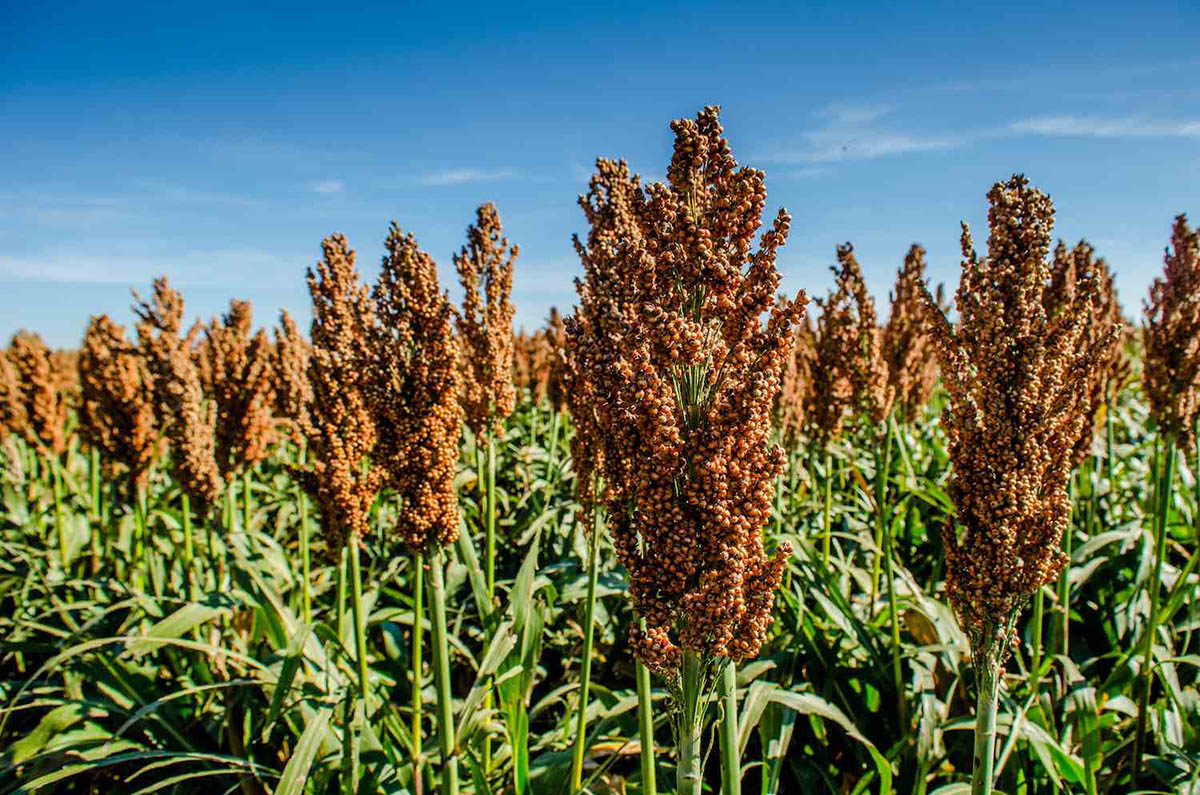


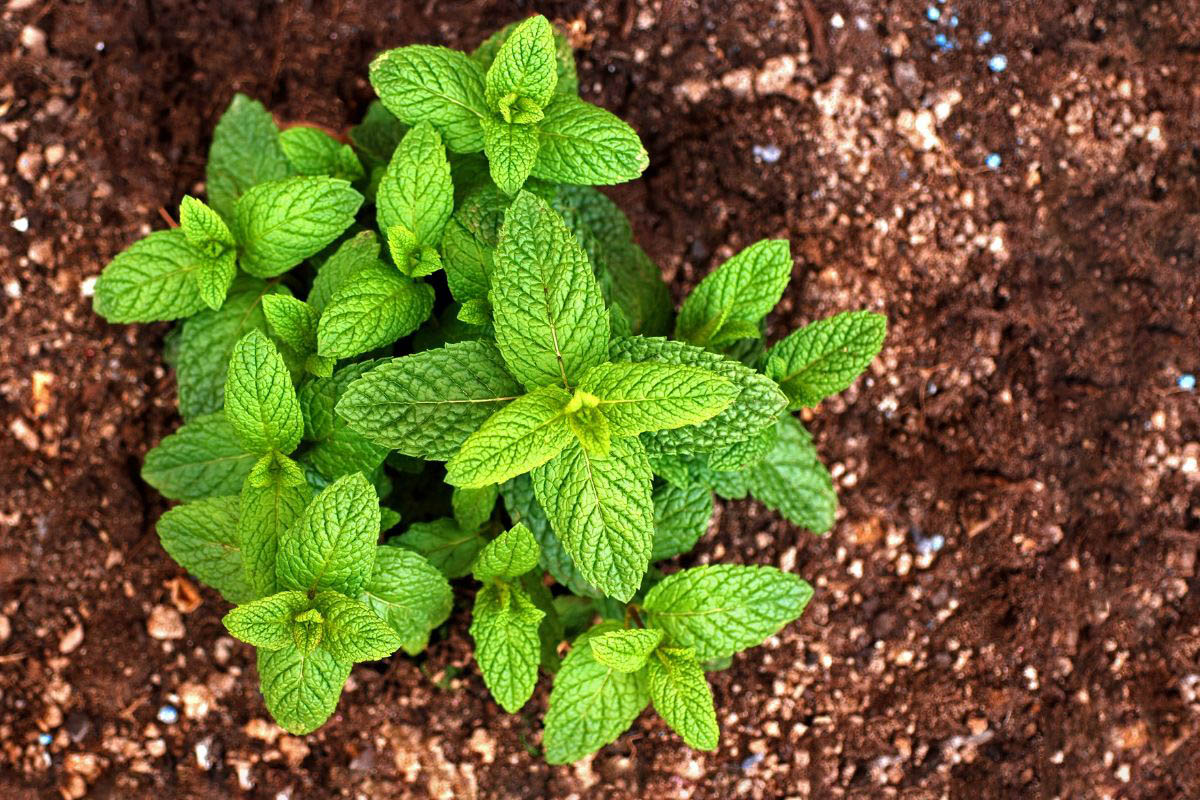


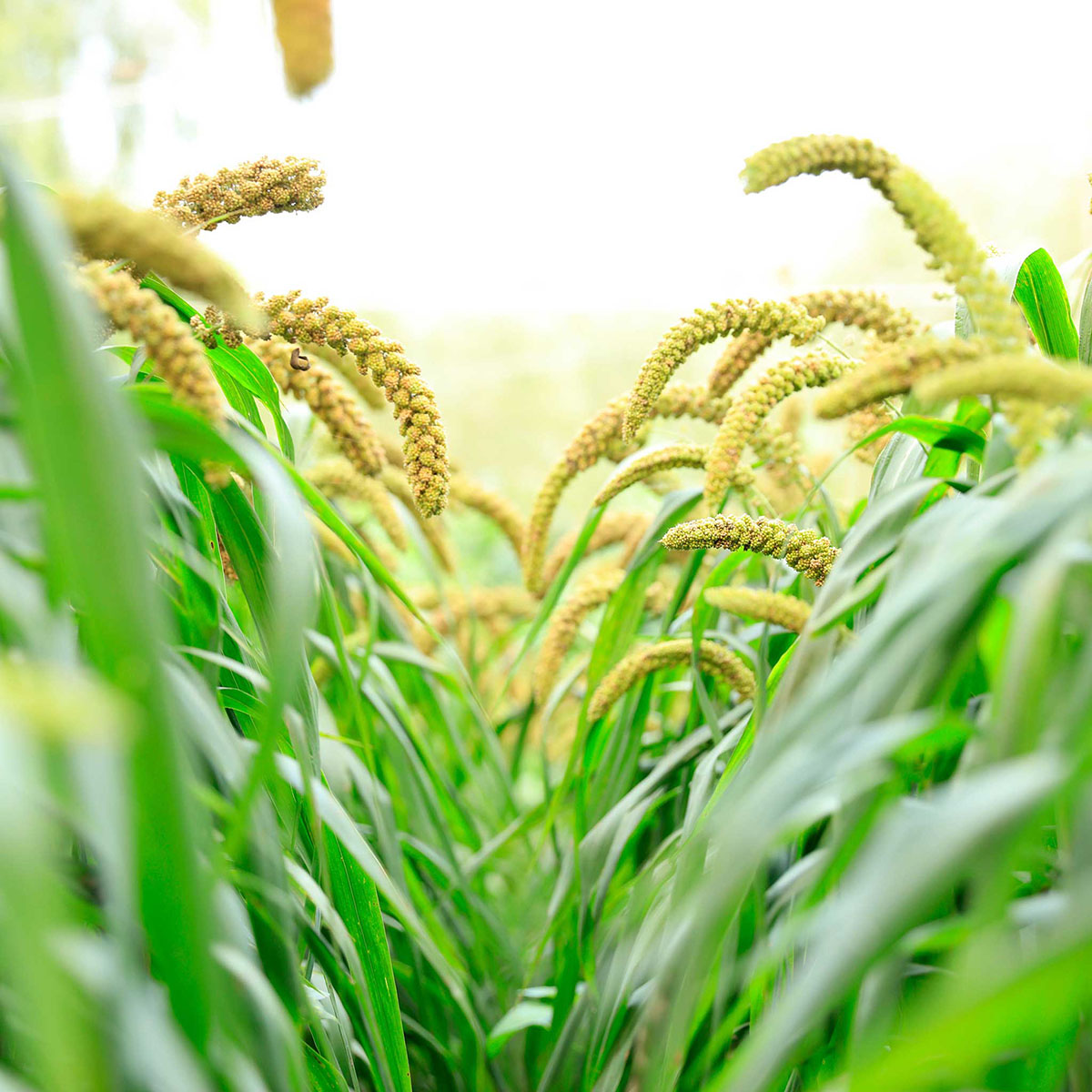

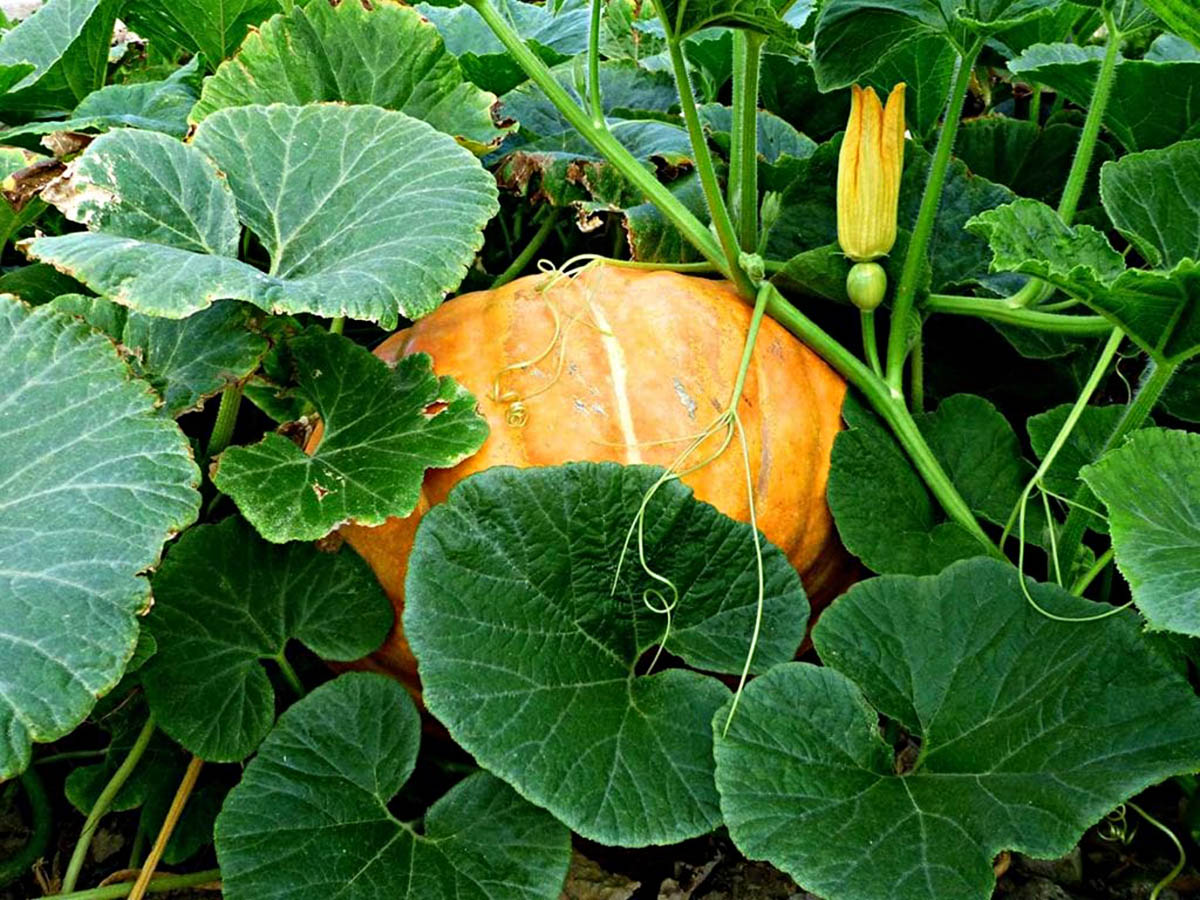
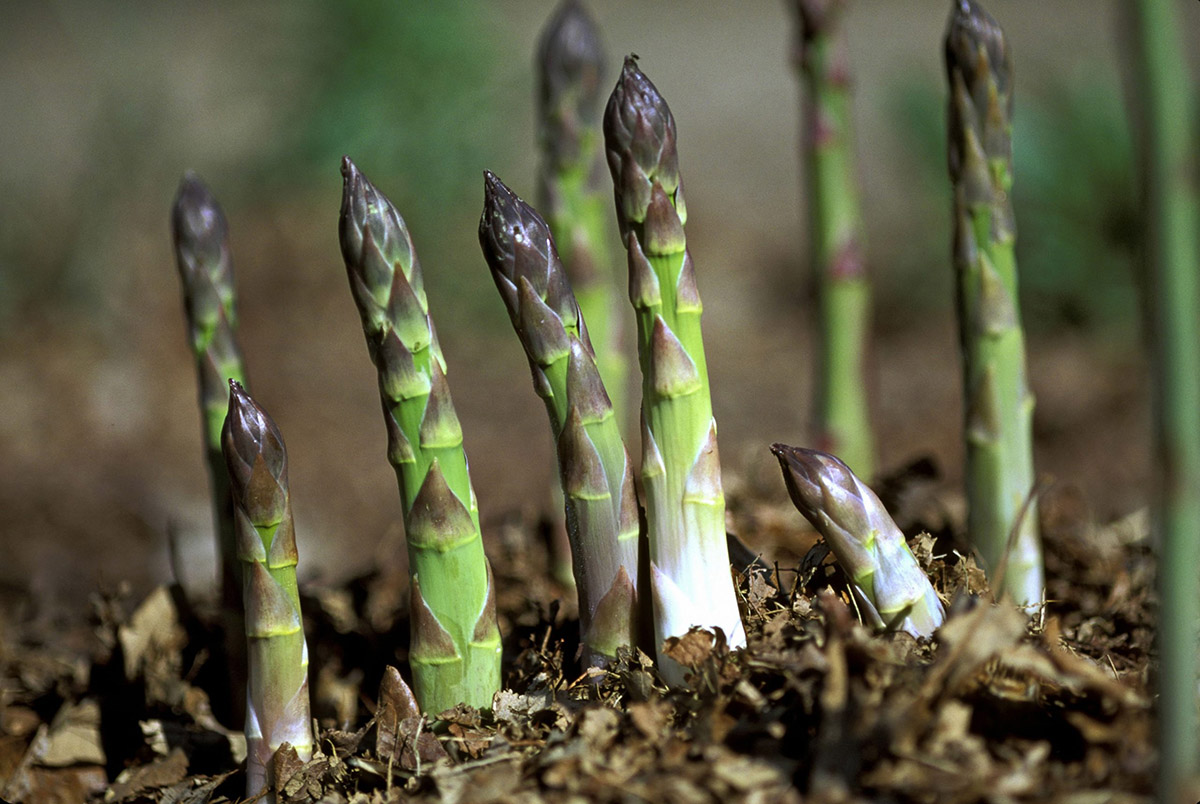
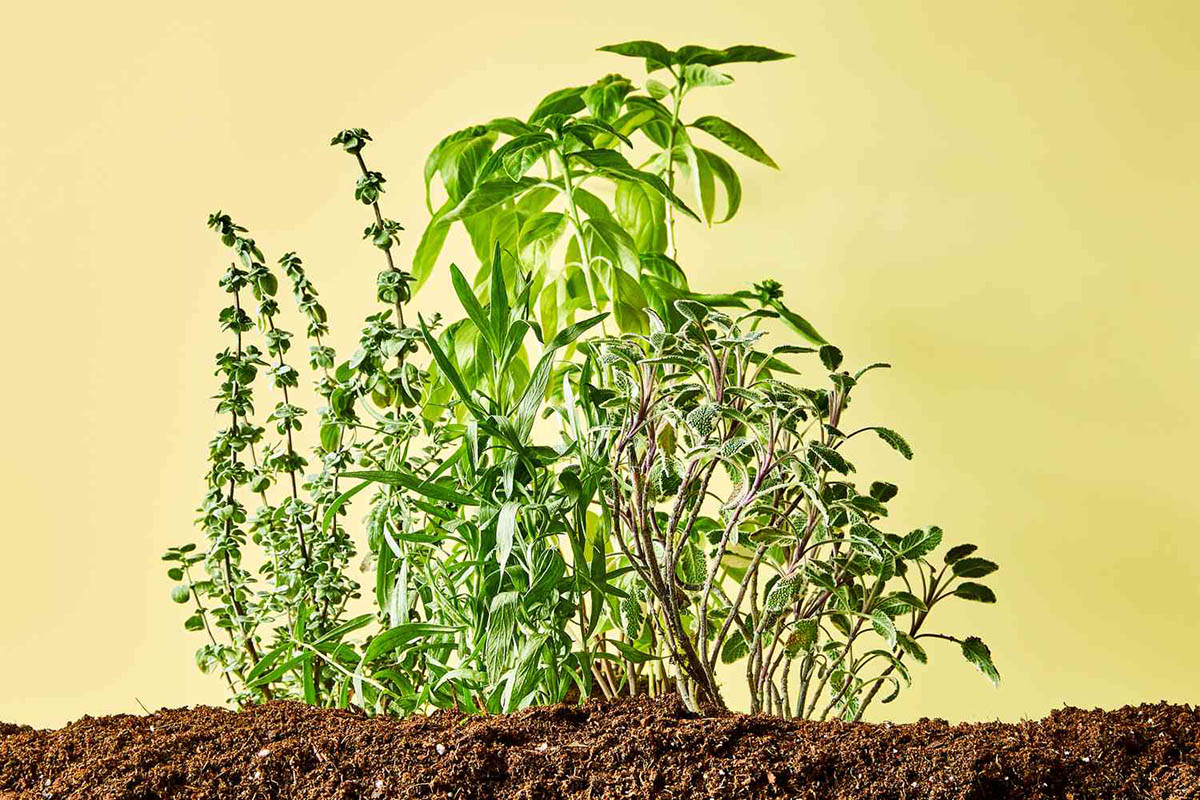

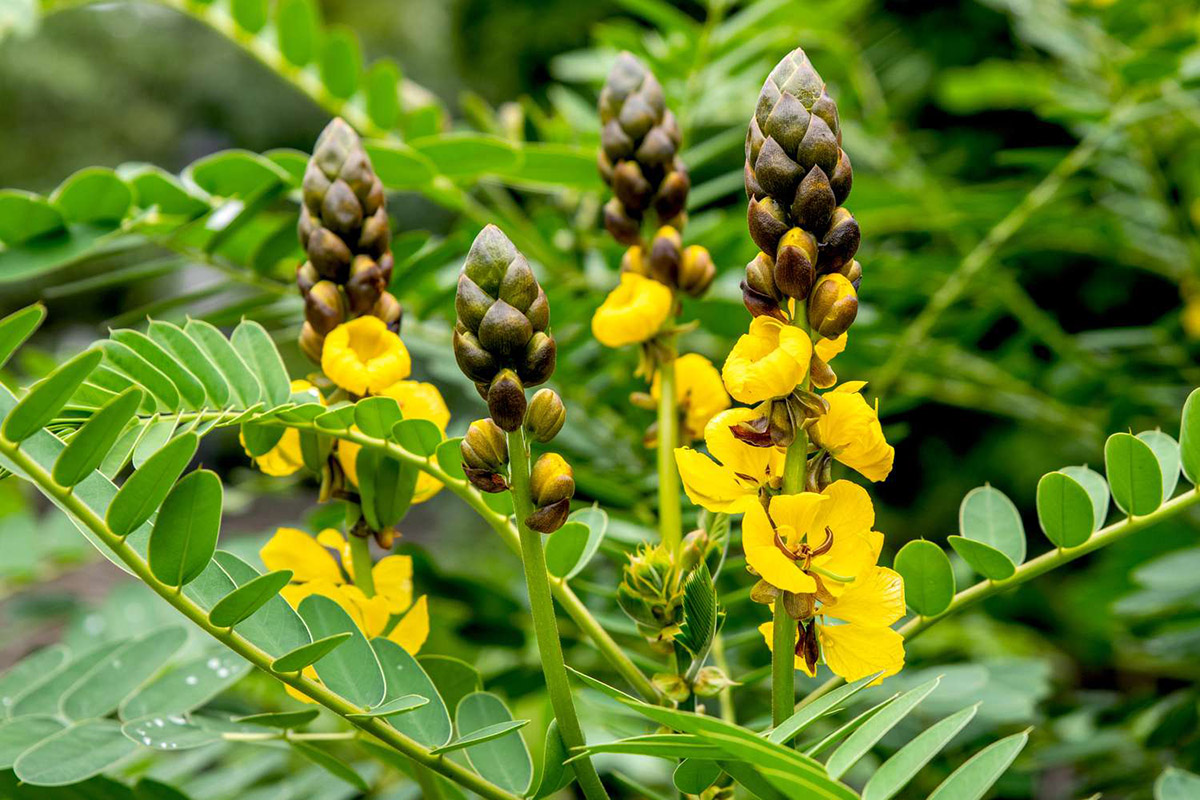
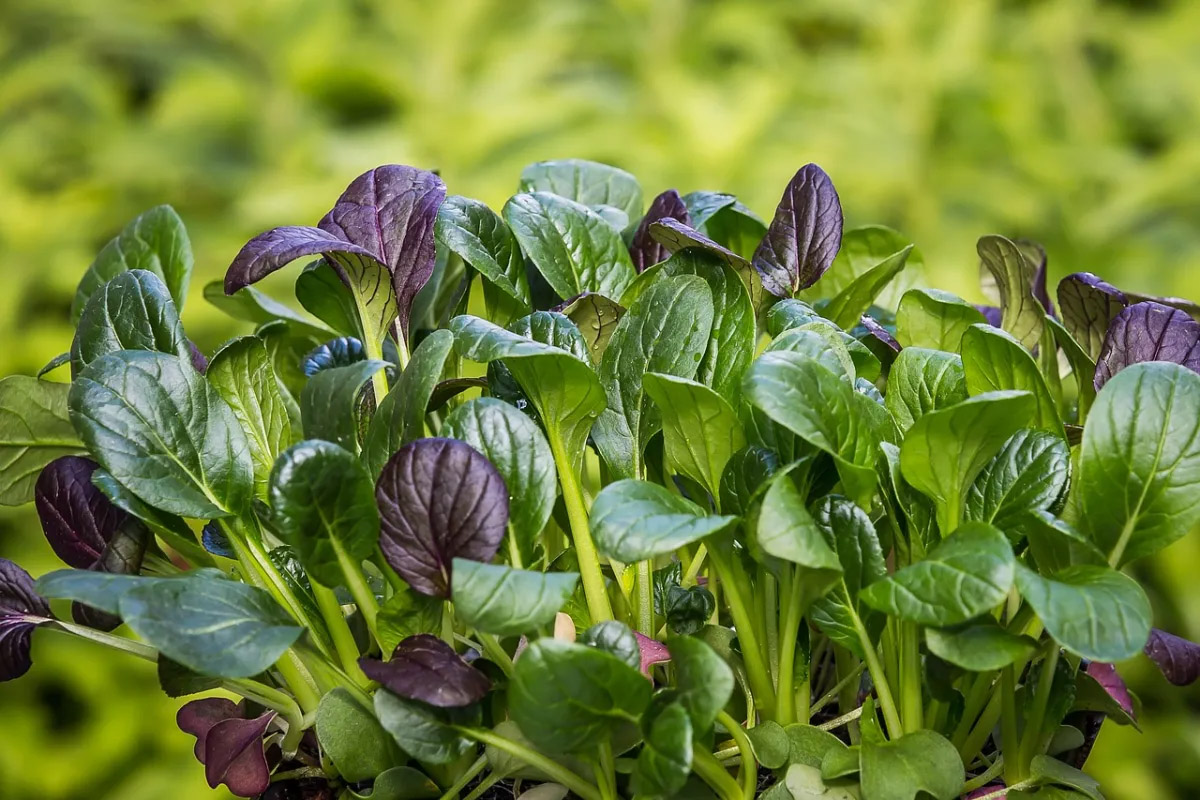

0 thoughts on “How Long Does Sweet Corn Take To Germinate”